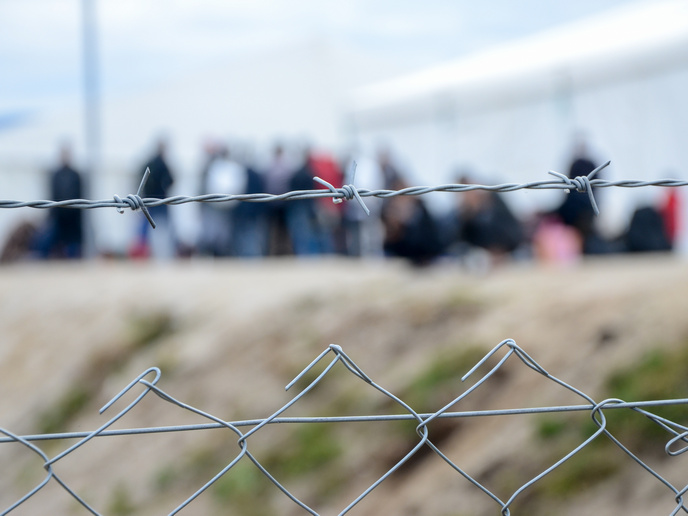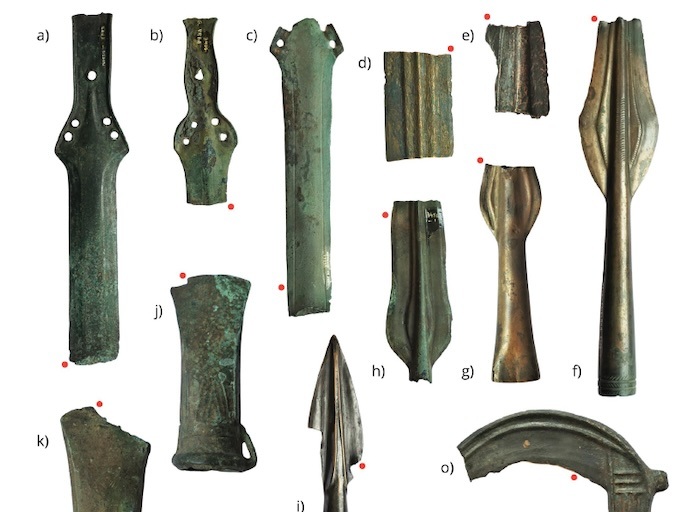Multi-disciplinary study addresses migration and citizenship issues
The TRANSMIC project brought together a group of universities, think-tanks, institutes, practitioners and high-level officials, all of whom share a long-term interest in migration policies and citizenship issues and who have extensive academic and/or practical expertise in the field. Together, they set out to enhance our understanding of transnational migration, in particular by looking at its cause and effects; possibilities for improving migrants’ right to mobility; and the links between migration, citizenship and development. “This in-depth and multi-disciplinary study on the mobility of migrants from a comparative and rights-based perspective is extremely topical in light of the current political and academic debates concerning circular migration, mobility partnerships, and high- and low-skilled migration,” says Hildegard Schneider, the project’s academic coordinator and Professor of Law at Maastricht University. “The research has contributed to a broader understanding of the origins, evolution, and effects of migration movements for both the host and the home societies.” Pooling experience and expertise The project pooled the multi-disciplinary knowledge and experience of the consortium members, with the objective of improving the European and international career opportunities of young researchers. It accomplished this by offering the researchers a coherent academic training programme complemented with a professional training programme. Participants were also given the opportunity to get real-world experience through secondments at a think-tank, consultancy, or law firm specialising in migration and citizenship issues. In total, the project involved 10 PhD students and 3 postdocs. One of those students was Zvezda Vankova, whose legal-empirical research focused on the EU’s approach to circular migration. What she found is a policy that predominately bases selection on the skills and qualifications of the migrants. The result is that only the most highly qualified migrants can engage in rights-based circular migration. “My research benefited from the guidance and feedback of some of the best scholars in Europe, who were involved with the project,” says Vankova. “I also benefited from the project’s network of experts, who helped me access policy makers that are often not so easy to engage in academic projects.” Promoting cross-academic interaction One of the project’s most important outcomes — and perhaps its legacy — was its ability to promote interaction between researchers from different backgrounds. “Different academic departments, professional organisations, representatives of European and Member State institutions, and policy makers all share an interest in transnational migration and citizenship, but they rarely communicate this interest with one another,” says Schneider. Through its training sessions, the TRANSMIC project brought researchers from across disciplines, backgrounds and countries together into a close, co-operative network. “Even though the project itself is officially closed, this unique network lives on,” adds Schneider. “As our students begin careers at the EU, in think-tanks or with NGOs, they will leverage the TRANSMIC network to implement real change in how Europe addresses migration and citizenship issues.”







